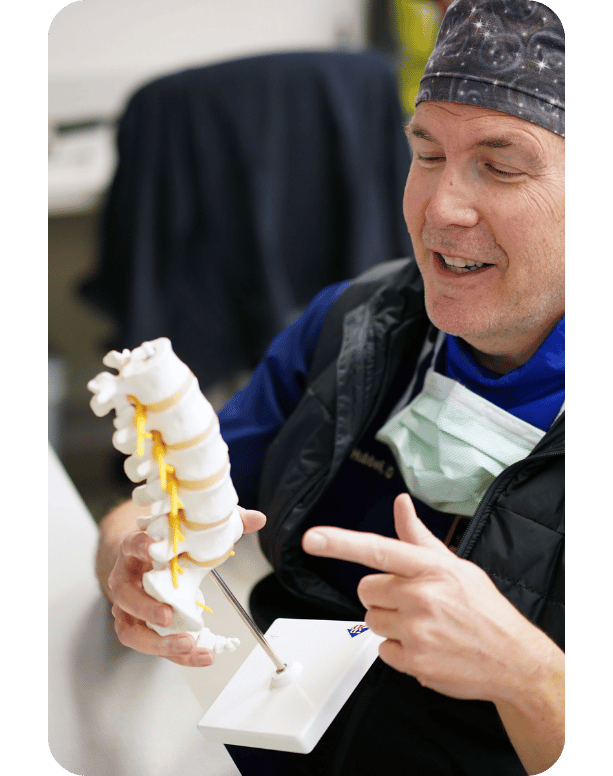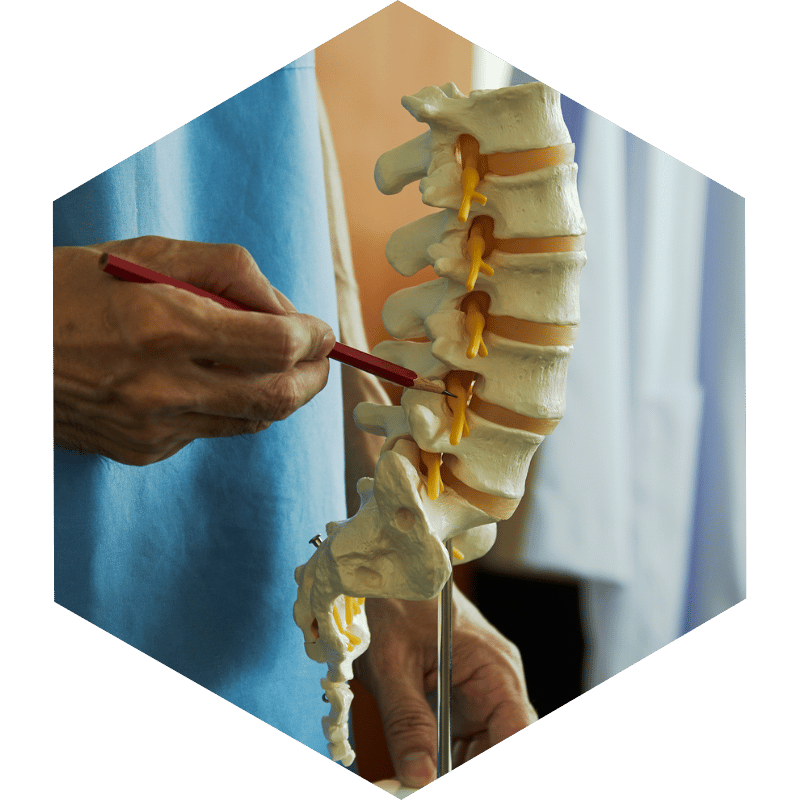
Experienced Surgeons
Quality Spine Orthopedic Care
The experienced surgeons at Georgia Bone & Joint are committed to providing the highest quality care possible. Our surgeons specialize in a variety of spine conditions and treatments, including minimally invasive spine surgery. They are committed to staying up to date on the most current surgical techniques and technologies available for treating your condition.

